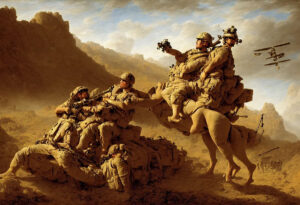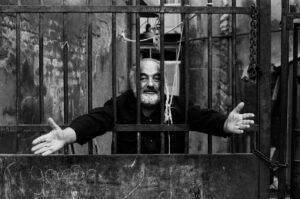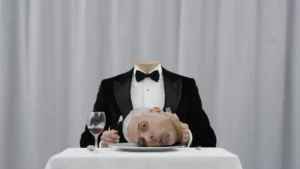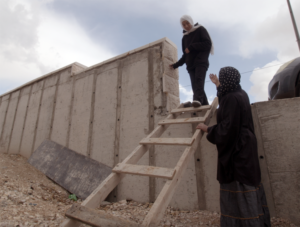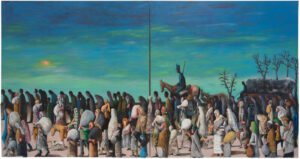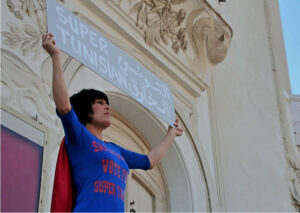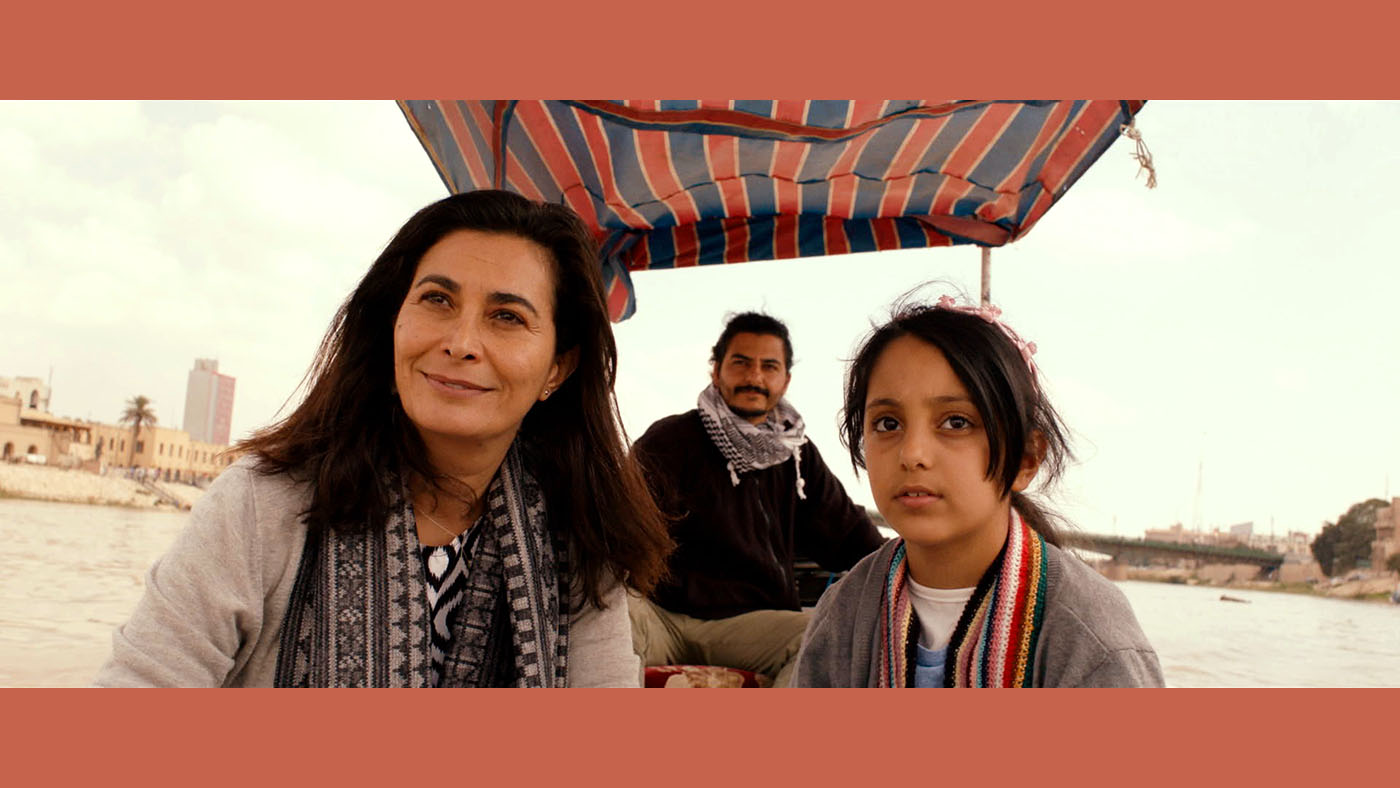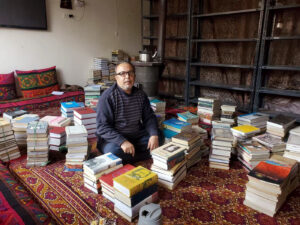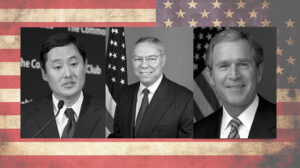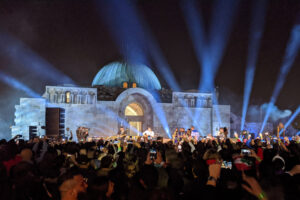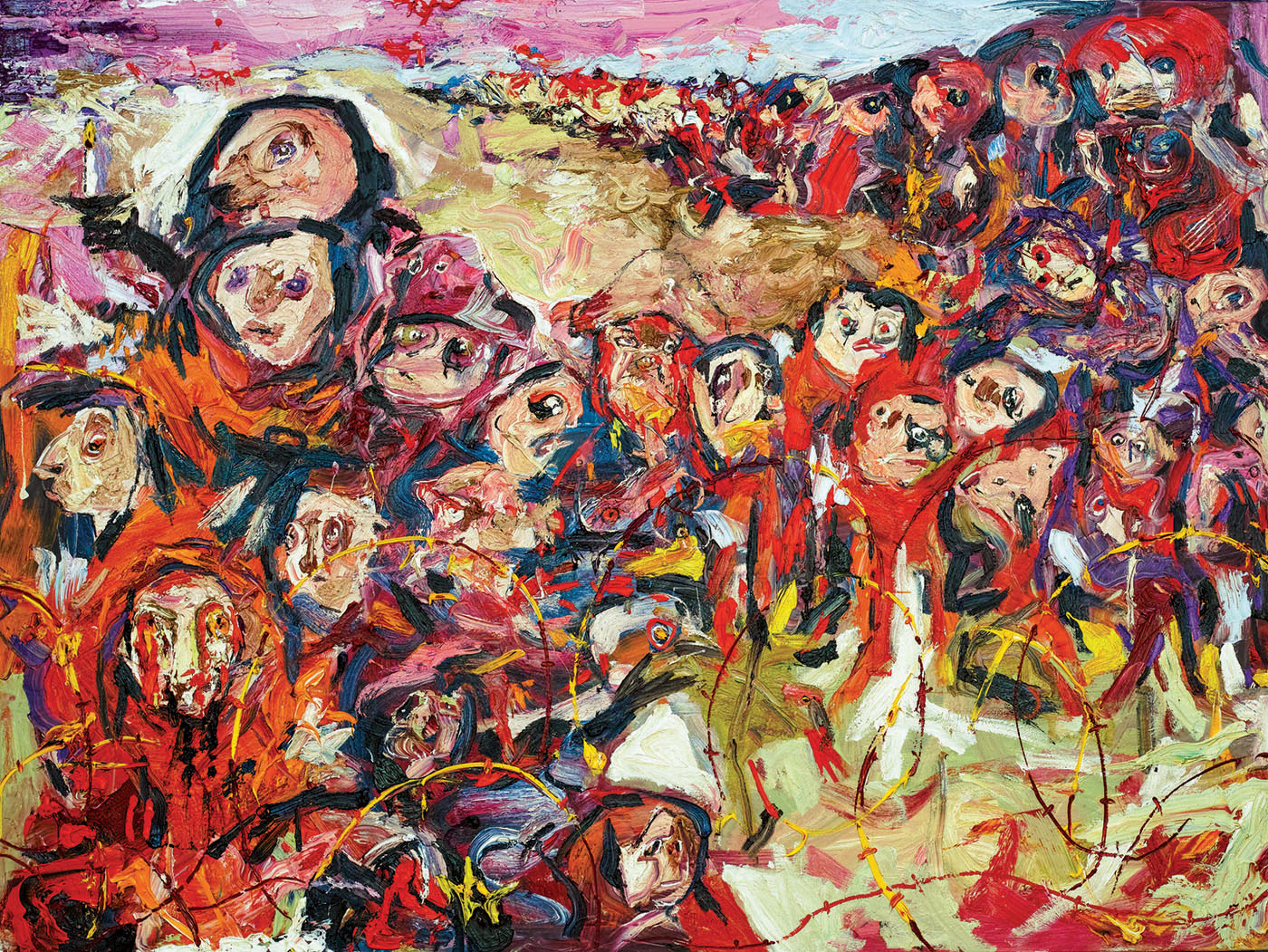
Letter from the Editor: Russia’s Attack on Ukraine seen from European and Middle Eastern Vantage Points
Jordan Elgrably
The war started this morning in the early hours, with bombs falling on Ukraine. The consequences of a major war in Europe will be far-reaching. I expect gas prices to go up immediately and inflation will increase the cost of food — so war always costs most those who have the least.
Conventional western wisdom would suggest that there hasn’t been a major war in Europe since the first shots were fired in Sarajevo in 1992, and even then the conflict was confined to the Balkans, mostly in the former Yugoslavia. But between Bosnia and Kosovo, war lasted in the region till 1999. What about Russian bombing and troops in Chechnya 1994-1996, the Russo-Georgia War 2008, and in 2014, the Russian Federation annexation of eastern Ukraine’s Crimea? Now, with Russian missiles and artillery shells dropping on Ukraine — on Odessa, Kharkiv and Kyiv, all hell is breaking loose. As explosions are reported and Ukrainian president Volodymyr Zelensky commands people stay in their homes while blathering “we’re ready for anything” bravado, there are miles-long lanes of vehicles heading west toward the border with Poland, while thousands of Ukrainians hunker down below ground in subway stations, fearing the worst.
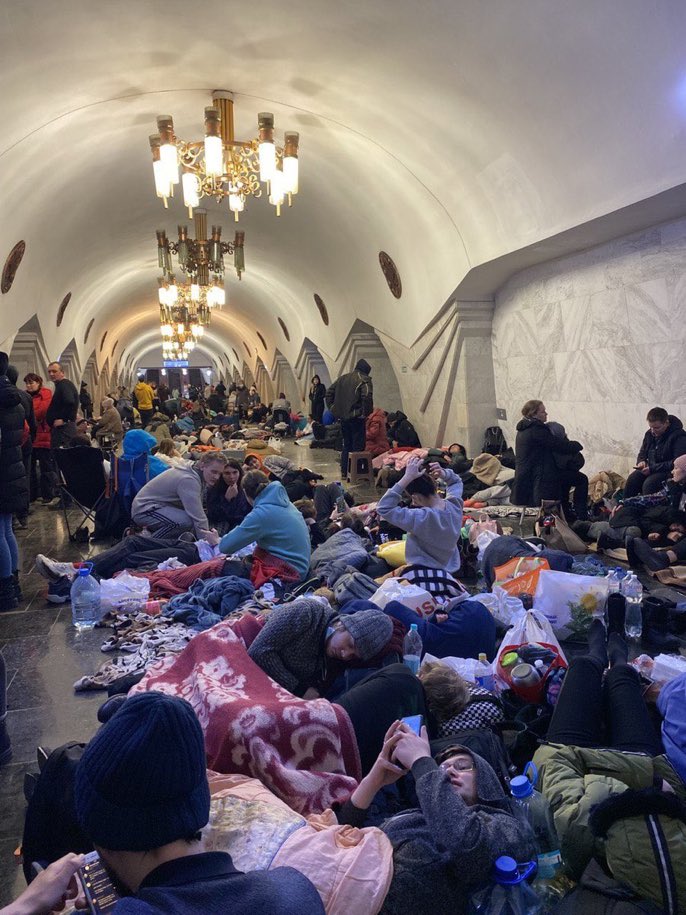
Honestly, I find myself wondering whether to stay, or go — go where? I would like to be near family in California if these are end times. I realize that’s extremely bleak, but having seen apocalyptic movies and been obliged to think about the end of the world resulting from nuclear holocaust, it can’t be helped.
I feel depression coming on, like everything is going to hell in a hand basket. Recently I escaped what was a traumatic situation, where nearly every day felt like an emergency, and thoughts of the next brought fear of looming catastrophe — not that I am any stranger to thinking about war. For years I have worked with refugees from countries including Afghanistan, Iraq, Palestine and Syria, people who have suffered far more than most of us could ever imagine — and are suffering still.
But now war is a black cloud cast over the whole of Europe, and potentially the world. Fear hasn’t yet become as omnipresent as Covid, but I noticed today at the local Carrefour supermarket, here in Montpellier, people seemed to be piling their carts high with more goods, and the discount gas station, always open 24/7, was inexplicably closed, with a long stay-out ribbon blocking its many pumps. One imagines not that we have already run low on petrol, but that on the contrary, suppliers are waiting a day or two to see what happens to the price of oil, before they raise their prices.
It almost seems obscene to go about one’s day as usual, but what other choice do we have? Obsessively, I read the Ukraine updates reported on European and Middle Eastern news sites, avoiding US sources, for fear they may be compromised by CIA speak. I notice that the political chatter among friends on Facebook has quickly reached a kind of frenzy, with one person I know railing that the work of the neo-cons has chickens coming home to roost. He swears, “I’ve followed Russia and Eurasia from geo-economic angles for over two decades,” arguing that the Russian invasion of Ukraine is to be expected “because Russia/China dare to challenge the 48 year-old petrodollar standard through oil/gas/yuan strategy, versus hot war — ‘boring details’ one won’t hear/read about in trite, bullshit-ridden Atlanticist corporate press, which remains simply stenography for hackneyed spooks ready to send others’ kids off to fight the entire Eurasian continent.”
Is everyone already as amped up about this, you wonder?
Maryam Jamshidi, an international law professor at the University of Florida Levin College of Law, writes on Twitter: “This is a devastating day for 10s of millions of ppl who have become the casualties of political leaders flexing power. NATO’s expansion led to this point. As did Russian imperialism. As did US intransigence. As did the US-led erosion of Intl law. All of it could’ve been avoided.”
Claire Berlinksi, the Paris-based editor of a political site called Cosmopolitan Globalist, responds to an email query from me, asking how she’s doing, noted that she is extremely worried. “This is as dangerous a conflict as we’ve seen in the atomic age. Putin is not going to stop until someone stops him. His appetite will grow with the eating. And this will eventually end in a nuclear showdown of some kind, where eyeball to eyeball either someone will blink or the fucking things will be launched.
“We made a fundamental strategic mistake when we demanded Ukraine give up its nuclear weapons. I’m reading an astonishingly prescient article by Walter Meirsheimer right now—people keep blathering on stupidly about how Kennan was right and we should never have pursued NATO expansion. (People who know nothing at all about history will latch on to ideas like this and parrot them mindlessly, completely unaware that Kennan thought the formation of NATO was a mistake in 1948!) No, the fundamental strategic mistake was forcing Ukraine to give up its nuclear deterrent. And we’re going to pay and pay and pay for that mistake.”
A German I know, who grew up in the ’60s and ’70s and always talked about the ashes of WW II, who today makes her living at a think tank, writing about Eastern Europe, admitted to me that she is “shattered. The European weaklings and appeasement politicians have succeeded in giving Putin’s Russia a free hand to invade an independent European country. This is a process which has been going on for 20 years. Stupid Germans worry more about proper woke speech than liberty.
“As Churchill said in 1940, ‘Each one hopes that if he feeds the crocodile enough, the crocodile will eat him last. All of them hope that the storm will pass before their turn comes to be devoured. But I fear greatly that the storm will not pass. It will rage and it will roar ever more loudly, ever more widely.’”
My German friend observes darkly, “Today there is no De Gaulle and no Churchill to lead. Only clowns.”
There is nothing worse than war. Anyone who has lived through an invasion knows this in their bones. from Ukraine to Iraq to Lebanon and across the world, the feeling of vulnerability, the knowledge that “international law” was never meant to protect you, but rather your invaders
— Maya Mikdashi (@mayamikdashi) February 24, 2022
And Maya Mikdashi, editor at Jadaliyya tweets: “There is nothing worse than war. Anyone who has lived through an invasion knows this in their bones. From Ukraine to Iraq to Lebanon and across the world, the feeling of vulnerability, the knowledge that ‘international law’ was never meant to protect you, but rather your invaders.”
Try as I might, I’m afraid I can find little solace today, despite the fact that the sun continues to shine. Looking for guidance somehow, I turn away from the news of Ukraine to read a poem, “With Urgency,”* by Moroccan poet-novelist Aicha Bassry:
No one has desired me
With such urgency as death has.
I have lived many lives in my metaphors.
That is how I extended life
And forged a small eternity for myself.
The world is still here, but it seems infinitely more fragile than it did yesterday.
*from With Urgency, A Selection of Poems, translated from the Arabic by Mbarek Sryfi and Eric Sellin (Diágolos, New Orleans, 2021).



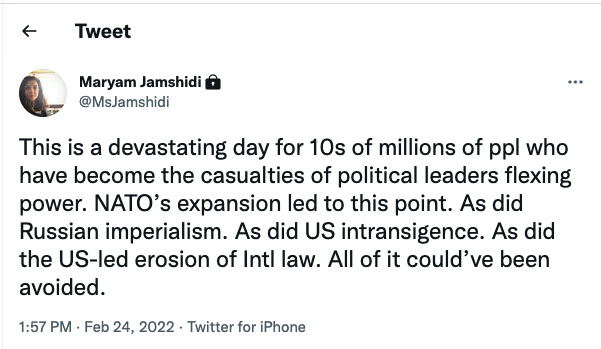
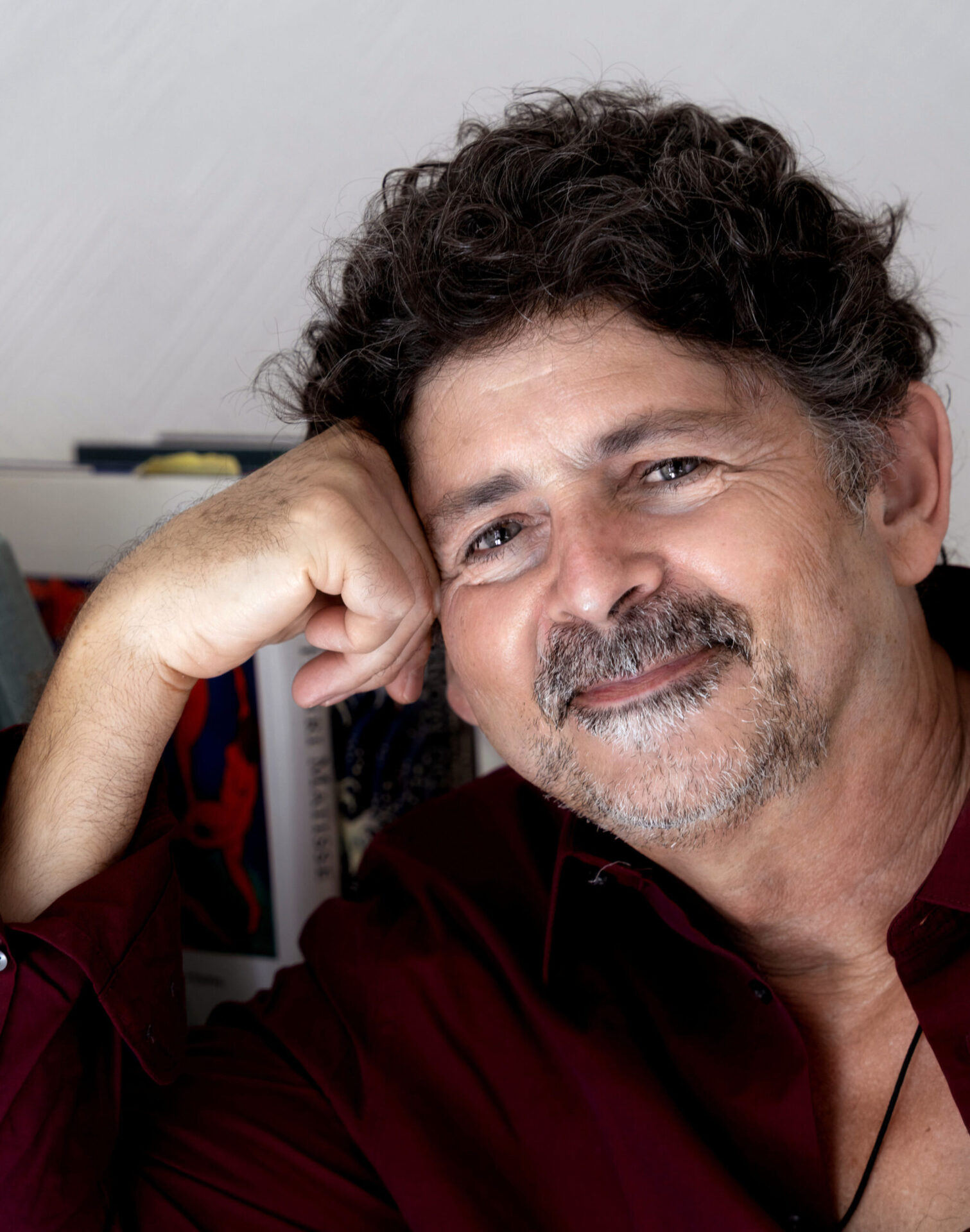



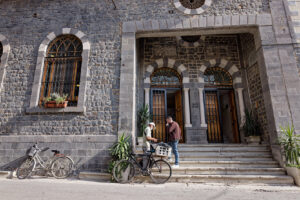















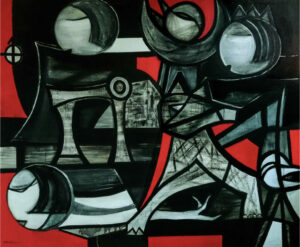




















































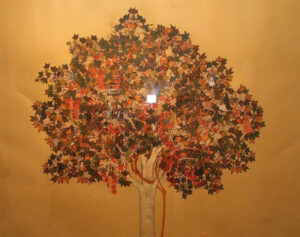






















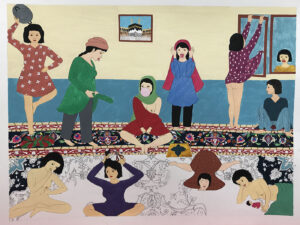
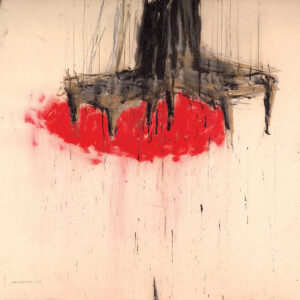

























![Fady Joudah’s <em>[…]</em> Dares Us to Listen to Palestinian Words—and Silences](https://themarkaz.org/wp-content/uploads/2024/03/SAMAH-SHIHADI-DAIR-AL-QASSI-charcoal-on-paper-100x60-cm-2023-courtesy-Tabari-Artspace-300x180.jpg)



